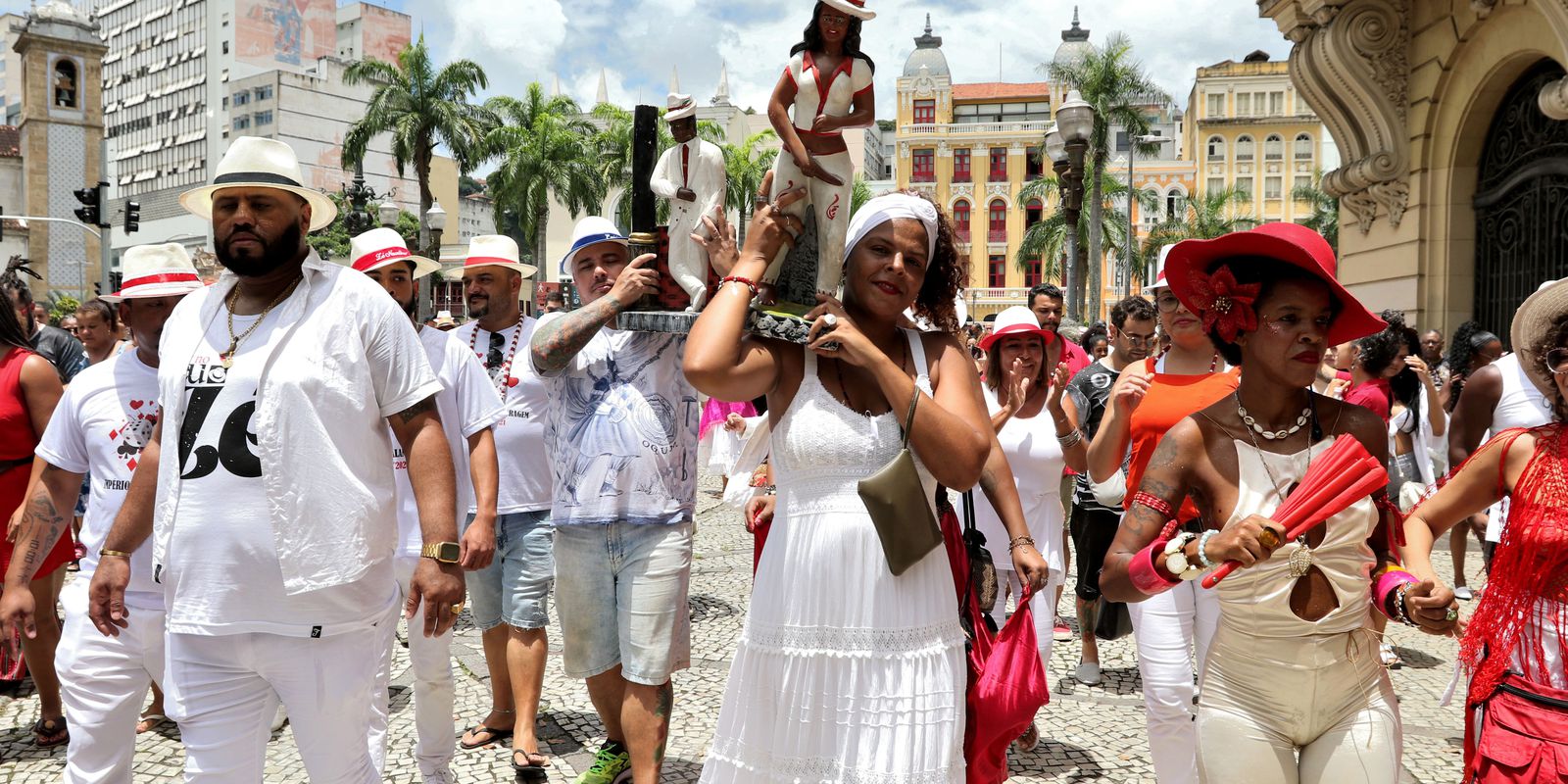The II Report on Religious Intolerance: Brazil, Latin America and the Caribbean, a publication organized by the Center for Coordination of Marginalized Populations and the Observatory of Religious Freedoms, with support from the Office of the United Nations Educational, Scientific and Cultural Organization (Unesco ) in Brazil, points to an increase in cases of religious intolerance in the country.
The survey was released within the framework of the National Day to Combat Religious Intolerance, remembered yesterday (21).
According to data from the Disque 100 portal, from the Ministry of Women, Family and Human Rights, 477 cases of religious intolerance were recorded in 2019, 353 cases in 2020 and 966 cases in 2021.
Fewer cases in 2020
“It is observed that the year 2020 had the lowest number of cases of religious intolerance among the years analyzed in the report. As a hypothesis for this decrease in cases, it should be noted that the year 2020 was marked by the consolidation of the covid-19 pandemic, a fact that imposed a series of restrictive measures on circulation and sociability that may have contributed to a lower number of cases of religious intolerance in this period,” says the report.
The study data indicate that religions of African origin, even though they are a religious minority, are the most affected by intolerance. In 2020, 86 cases of religious intolerance against religions of African origin were reported and 244 cases in 2021.
According to the report, the states in the Southeast Region, which are more populous, stand out as those with the highest number of cases of religious intolerance, as opposed to the states in the North and Midwest regions, which had the lowest number of cases.
undefined complaints
“It is also worth highlighting the large number of complaints of religious intolerance classified as undefined, with 103 cases recorded in 2020 and 234 in 2021. This category of data does not clarify which religious belief the victim belongs to, limiting the interpretation of the data. data and pointing to the need to improve the Disque 100 reporting channel”, states the study.
In an article published in the report, Ivanir dos Santos, babalawô (father of saint) and professor of Comparative History at the Federal University of Rio de Janeiro (UFRJ), and professor of law at Cândido Mendes University, in Rio, Mariana Gino, claim that in Brazil, Latin America or the Caribbean, cases of these human rights violations have been growing “at a frightening rate”.
“Religious intolerance and racism are embedded in everyday social, cultural, political and economic relations. And it is intolerance, which has been presenting itself as one of our greatest contemporary challenges in the face of possibilities for the promotion and strengthening of tolerance and religious equity. As we can clearly see, through narratives and historical facts, we are educated within colonial constructions that make any constructions aimed at diversity and tolerance impossible”, write the researchers.
THE National Day to Combat Religious Intolerance was instituted in Brazil, by Federal Law nº 11.635, of December 27, 2007, after the death of the Iyalorixá from Bahia and founder of Ilê Asé Abassá, Gildásia dos Santos e Santos, known as Mãe Gilda. She had her house and yard invaded by a group of another religion. After persecution and verbal aggression, Mãe Gilda died of a massive heart attack.















